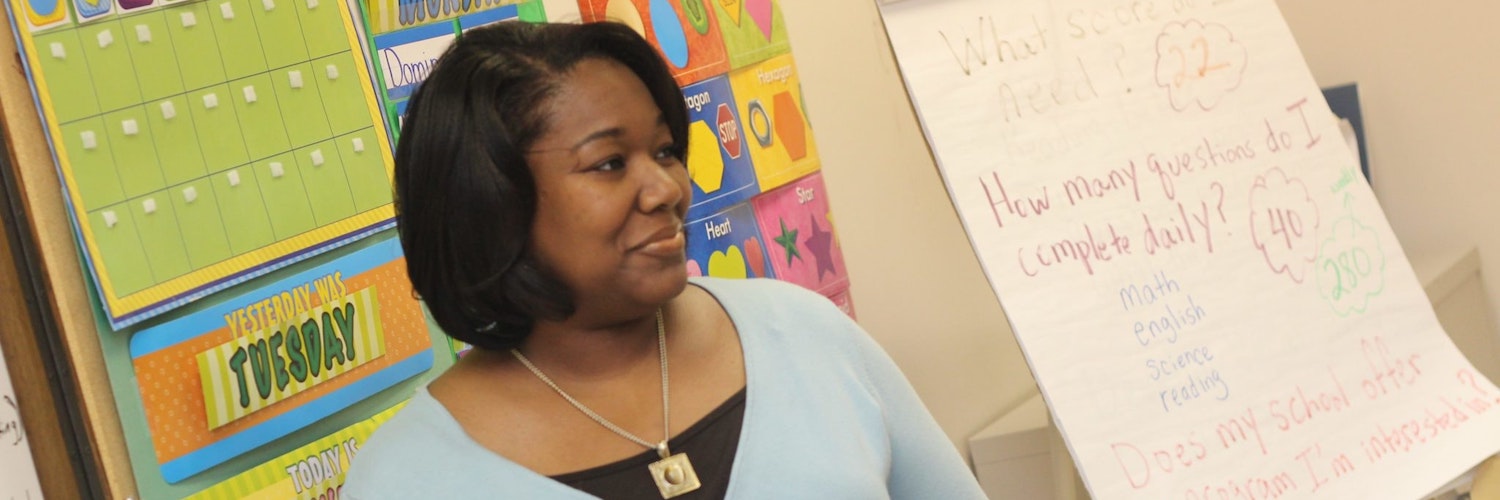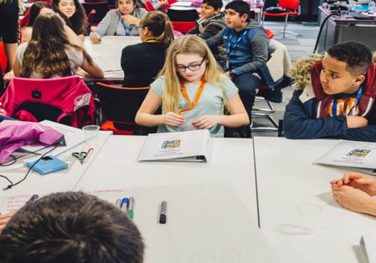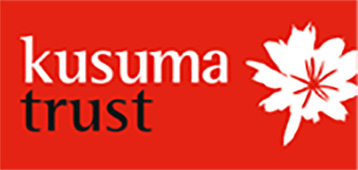Education Endowment Foundation
Research for better learning
For the past 12 years, the Education Endowment Foundation (EEF) has worked to raise the academic attainment of children and young people through better use of evidence. The charity summarises evidence of what has the biggest impact on student achievement and generates new evidence of what is most likely to improve teaching and learning. It also supports teachers and senior leaders in schools to use this evidence to achieve the maximum possible benefit for children and young people.
The EEF has identified the areas for research that have the biggest potential to improve the attainment of socio-economically disadvantaged pupils. It has found that that there is not enough evidence on how best to apply cognitive science – the understanding of how children learn – to teaching. At Kusuma Trust, we’re committed to creating access to opportunity and are pleased to support the EEF with a grant of £97,000 for research into applying cognitive science in the classroom.
- Since 2011, the EEF has funded more than 200 trials in education.
- 70% of school leaders say that they use the EEF’s flagship Teaching and Learning Toolkit to inform their decision-making.
- The EEF completed nine innovation projects in 2021/22.

Cognitive science for the classroom
Our grant will fund the development of up to five early stage cognitive science programmes. They will be selected by the EEF through a rigorous assessment process to identify those with the greatest potential. Two programmes will be developed by members of the Research School Network and three from other organisations such as schools, charities or research organisations. Each programme will involve five or six schools and directly involve at least five teachers and between 20 and 150 pupils. You can read more about their work here. (Link to an external site of which Kusuma takes no responsibility for the content)
We first supported the EEF in 2018 to produce a Special Education Needs and Disabilities (SEND) evidence-based guidance report which was published in 2020. More information about this previous grant here.
“The application of cognitive science to teaching tries to use an understanding of how children learn to inform teaching approaches and therefore improve the quality of teaching. There is considerable interest in cognitive science from teachers and researchers, but relatively sparse evidence in terms of real world classroom application. Given the quality of teaching is a significant factor in supporting pupil outcomes and a key lever for schools looking to support disadvantaged pupils, we are keen to explore this area further.”
More Success Stories

Education Endowment Foundation – Supporting students with SEND

Research Schools Network

